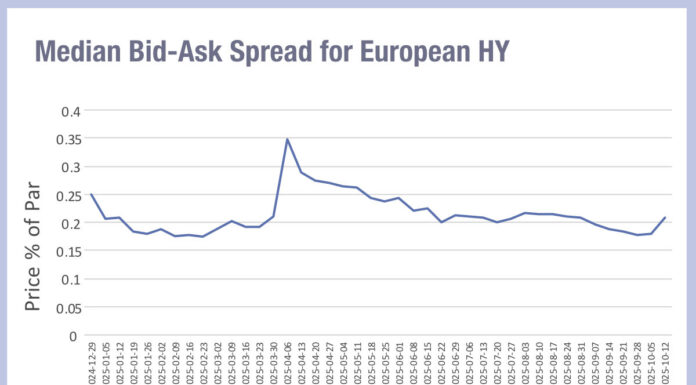Analyst firm Acuiti’s latest report, ‘Getting to the risk quicker: How trade surveillance leaders are dealing with an increasingly complex environment’ has found that trade surveillance operations have become increasingly complex over the last three years, according to 94% of its respondents, with 64% saying it has increased significantly.
It also found that increased regulatory requirements and market volatility are the major drivers of heightened complexity in trade surveillance in the last three years, A majority of sell-side respondents said that their analysts are spending more than 30 hours a week manually closing and investigating alerts.
High manual input is being exacerbated by a shortage of skilled compliance staff and firms are increasingly looking to technology for efficiency, with 64% of banks referring to machine learning as either very important or critical.
Over 60% of respondents had either recently invested or were considering investing in trade surveillance within the next 12-18 months.
The report found that firms traditionally faced a straight choice between developing their trade surveillance systems in house or outsourcing to a third party. Both have their drawbacks and selling points, but a new generation of vendors brings together the best of both worlds through buy and build solutions. This could change the equation for many firms that want to both respect guidance from regulators, which according to respondents prefer third-party surveillance solutions, and maintain the ability to customise systems to their best advantage.
The independent report, commissioned by Eventus, a provider of multi-asset class trade surveillance, collated the views of 71 senior trade surveillance, risk, compliance, technology and trading executives at banks, brokerages and proprietary trading firms.

Joseph Schifano, global head of regulatory affairs for Eventus, said, “It’s important to help compliance teams respond quickly and with as much detail to potential issues that arise with their surveillance alerts. Automation techniques enable analysts to work with the front office more efficiently, getting to the root cause of any potential issues. Analysts need to customise their technology and mitigate risk based on particular businesses, regulatory jurisdictions and trading activity. Today’s surveillance system must enable its users to be nimble and responsive to a rapidly changing global environment, while being explainable to the front office and regulators alike.”

“The pressure on the sell-side to maintain high quality trade surveillance systems is immense and unlikely to abate any time soon,” said Ross Lancaster, head of research at Acuiti. “Regulation and the volatility we have seen this year are creating sustained stresses on compliance desks, and this is increasing the case for strategic investment.”
©Markets Media Europe 2022
©Markets Media Europe 2025













